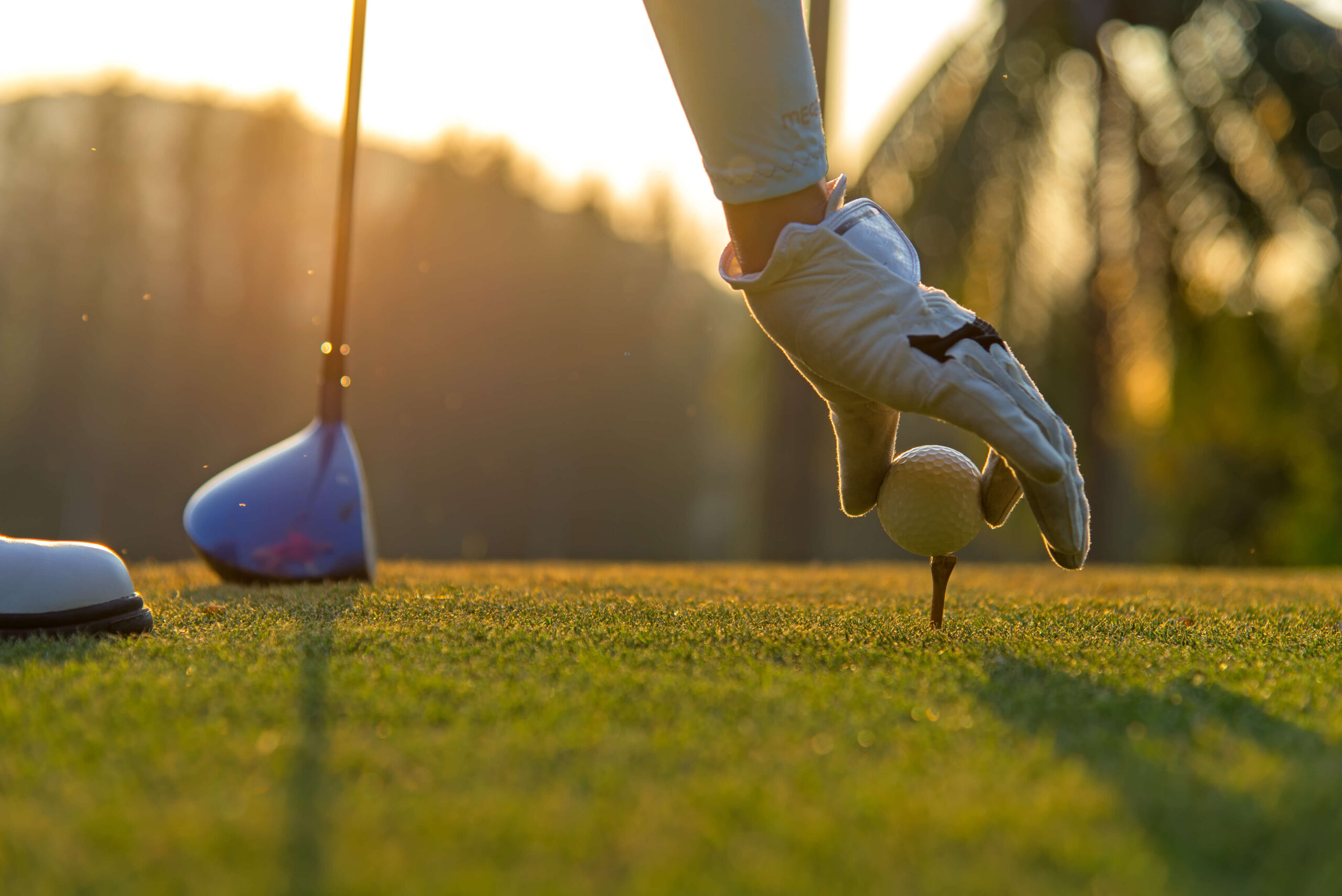Power and precision can sometimes collide on the fairways. Golf greats, however, suggest an unconventional approach to improving your swing: slow down.
It may seem counterintuitive, but this advice comes from some of the biggest names in the game, emphasizing the importance of deliberate, unhurried movements on the golf course.
Consider golf legend Jack Nicklaus, known for his composed and controlled swings. This iconic figure demonstrated that a measured approach to the swing could lead to unparalleled success on the course.
By studying his techniques and incorporating deliberate practice, aspiring golfers can emulate the poise and precision that defined the greats.

Perfect Practice
In a sport where momentum is often synonymous with power, experienced golf coaches instead advocate breaking free from the momentum myth. The relentless pursuit of speed can compromise the precision required for a consistently accurate swing.
In slowing down, players gain the opportunity to focus on each element of their swing, fostering a deeper understanding of the mechanics involved.
“The natural tendency when you want to hit the ball hard is to swing faster,” Nicklaus once explained.
“I make a very conscious effort to swing more slowly so that I give myself all the time in the world for all those elements to happen, so the clubhead moves faster and the ball goes farther.”
Muscle memory is key to perfecting a golf swing. Slowing down allows players to imprint the correct movements into their muscle memory, reducing the likelihood of reverting to bad habits under the pressure of a live game.
As the saying goes, practice doesn’t make perfect – perfect practice makes perfect. The deliberate pace facilitates a mindful and purposeful practice that ingrains the right techniques.
Emphasize finding a rhythm within a deliberate pace. This rhythm is the key to maintaining fluidity and control throughout the swing. By paying meticulous attention to the sequence of movements, players can synchronize their body and club, resulting in a more harmonious and effective swing.
“If you do that, I think you’re going to find that you’re not only going to hit the ball farther, but you’re also going to control it better than you would if you were to just take a wild swing at it,” Nicklaus said.

Making It Work
It’s one thing to practice a slow and deliberate swing on the driving range, but how does this translate to the real-world pressures of a golf course? Coaches tell players to gradually integrate the refined technique into their game.
Start by focusing on the backswing, ensuring a controlled and deliberate motion. As comfort and confidence grow, players can extend this approach to the entire swing, ultimately bringing the deliberate rhythm to every shot.
By challenging the momentum myth and advocating for a slower, more deliberate approach to practice, players can find a pathway to precision and mastery. Aspiring champions take note – sometimes, slowing down is the fastest route to a better swing.
